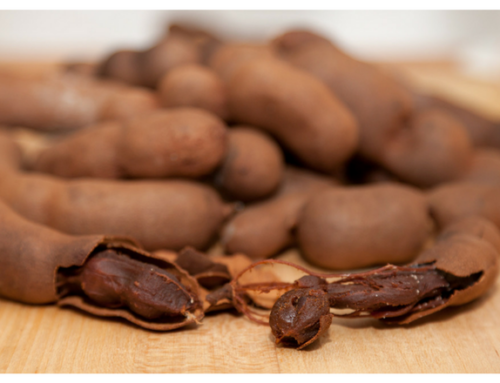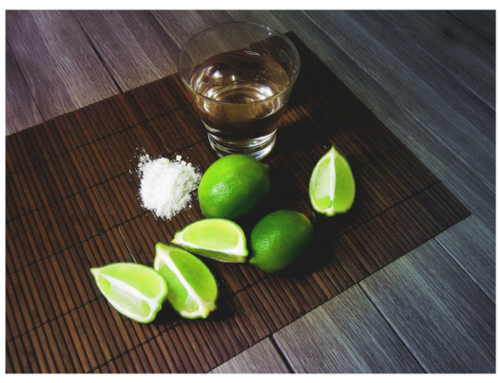Under the impression that child labor laws eradicated the exploitation of minors long ago, we here in the US often hear of children working in dangerous conditions and automatically imagine windowless rooms in far way countries, filled to the brim with silently suffering laborers. La Cosecha takes this erroneous assumption and forces you to come to terms with a daunting reality: children work and endanger their lives in this country every day of the week in broad daylight. This documentary focuses on the 400,000+ children (many of whom are of Latin descent) in the US who toil as migrant farm workers in order to supplement their family’s meager income. In this rudest of awakenings, real child laborers walk you through their days of carrying hundreds of pounds of produce in pesticide-ridden fields, often while suffering from occupational health hazards.
Chef Daniel Klein and filmmaker Mirra Fine run the two-time James Beard award-winning online documentary series, The Perennial Plate. This duo travels the world and posts short weekly webisodes that focus on “socially responsible and adventurous eating”. Broader in scope, widely available, and easy to digest, Perennial Plate is unique in that it gives viewers a wide taste of issues and cuisines so that the individual can then let their interests guide their independent research. This approachable and enlightening website covers topics both light-hearted and socially and politically resonant; from love songs to recipes of cultural staples, like Argentinian mate (Episode 140: “Con Sentido”) to explaining the downfalls of an agricultural industry like that of cocoa cultivation in rural Mexico (Episode 136: “An Act of Resistance”).
After the disastrous Rodney King Riots in 1992, a predominantly Latin American community in LA’s poverty-stricken South Central looked to a 14-acre patch of land as their unifying project and source of comfort. The community converted the forgotten land into an urban farm, the largest of its kind in the US. After more than a decade of working the land, eating what they grew, and building a precedent for large-scale urban sustainability, the families were ordered to vacate the land. The Garden documents the ensuing legal case between the City of LA and the South Central Farmers, who were able to research and fight for their corner; an important and compelling narrative about the necessity of community organizing as well as social and environmental consciousness . Director Scott Hamilton Kennedy tellingly explained: “At a moment when economic insecurity abounds—as rising food prices, energy and environmental crisis confront us at seemingly every turn. The Garden tells an essential story and serves as a powerful symbol of the larger world around us.”
This Canadian film by Brian McKenna gives a detailed history of sugar’s integral role in the social and economic development of the Caribbean islands, as well as a shocking view of the current state of sugar plantations. It uses both reenactments and undercover reporting to expose some of the abusive labor practices inflicted on Haitian and Dominican sugar plantation workers living on the Central Romano, one of the largest sugar producers in the western hemisphere.
In a way, Fed Up picks up where Big Sugar stops. Instead of focusing on where sugar comes from, this highly-anticipated film follows the sugar trail from big corporations and into the body of the American consumer. Director Stephanie Soechtig zooms in on the pervasive sugar industry and it’s role in what Dr. David Kessler (former FDA Commissioner) calls, “one of the great public health epidemics of our time”. The officials interviewed for this new documentary aim to change the course of the ongoing conversation about America’s health by turning heads away from the claim that lack of self-control is the main proponent of the next generation’s shortened life expectancy and increased rate of Type II diabetes and obesity. They argue instead that the true culprit is the prevalence of overly-sugared foods in groceries stores and fast food restaurants, especially those labeled with incorrect nutritional content and misleading buzzwords like healthy, diet, or sugar free.
Director Robert Kenner’s 2008 exposé on both the production of meat and grains in the US is a shocking overview of the unsustainable practices of some of the big players in the food industry, including Monsanto, Tyson Foods, and Perdue Farms, among others. A must-see if you are a newcomer to the world of “foodumentaries”, Food, Inc. explains the role of genetic engineering and the effect it has on farmers, how it influences the availability of nutrient-dense, locally-grown foods, and how this in turn dictates the health of the general US population. Most importantly, after exposing the grim state of things, Kenner also explains the consumer’s untapped power to change the political and economic landscape of the food industry.


![Making Mealtime Matter with La Familia: Easy Sofrito [Video]](https://thelatinkitchen.com/wp-content/uploads/2015/10/sofrito-shutterstock__0-500x383.jpg)
![Easy Latin Smoothies: Goji Berry Smoothie [Video]](https://thelatinkitchen.com/wp-content/uploads/2015/12/goji_berry-shutterstock_-500x383.jpg)


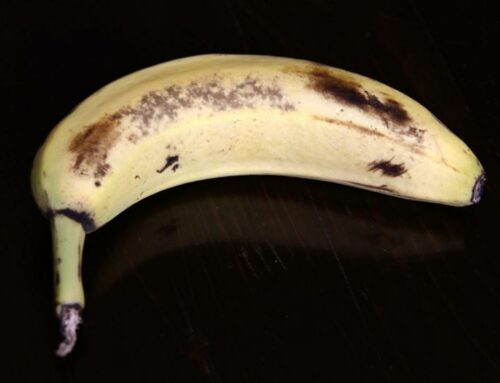



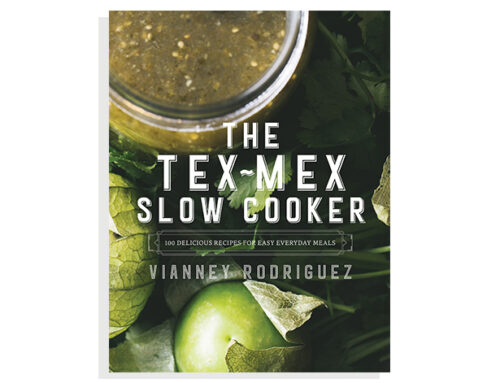
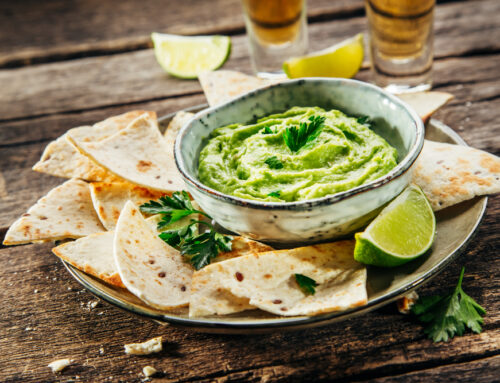



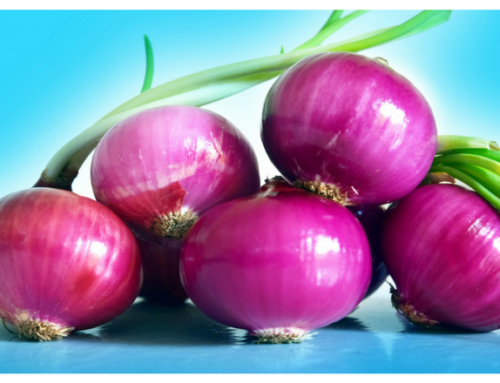




![Fun and Fast Recipes: Fiesta Cabbage Salad [Video]](https://thelatinkitchen.com/wp-content/uploads/2015/11/fiesta_cabbage_slaw-shutterstock_-500x383.jpg)


